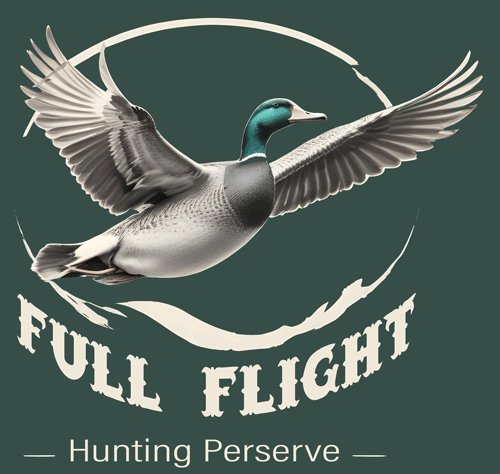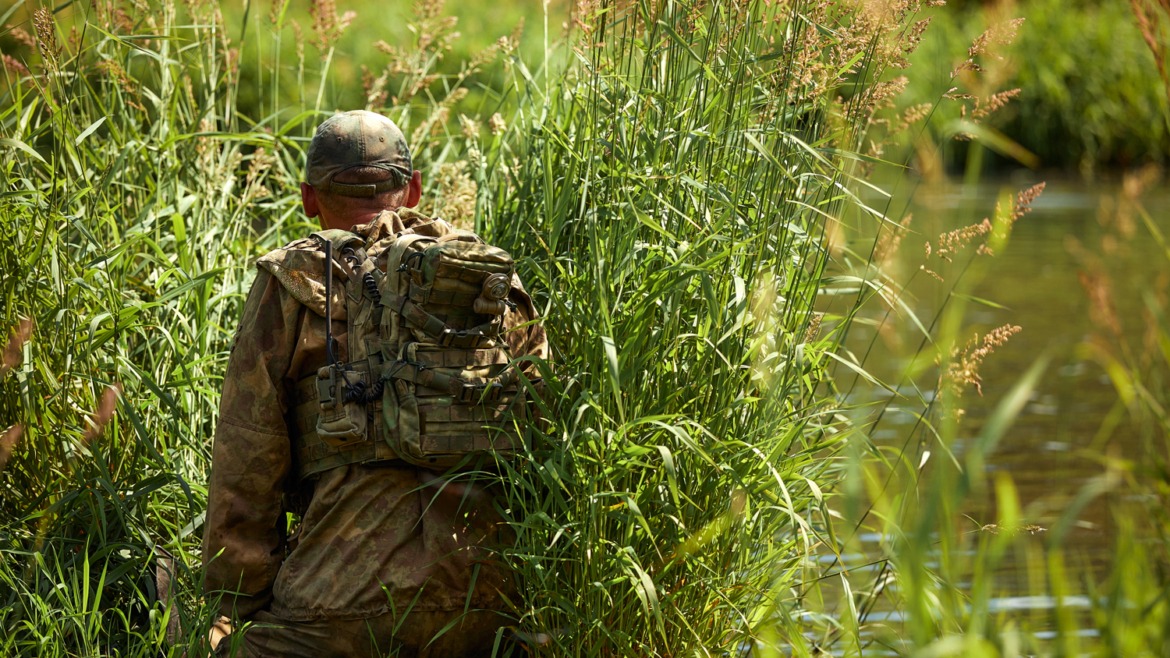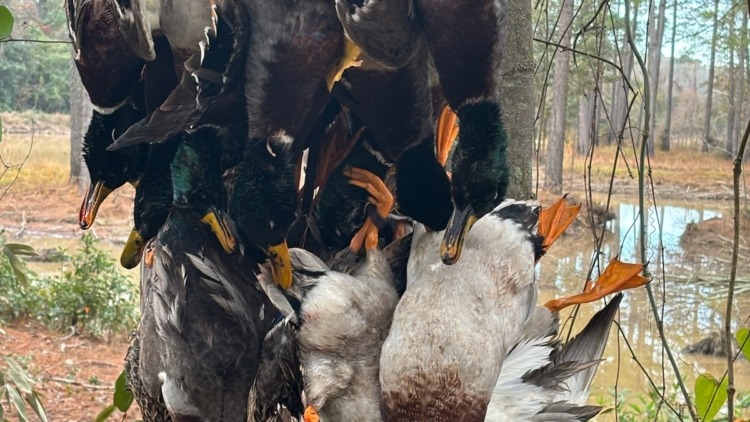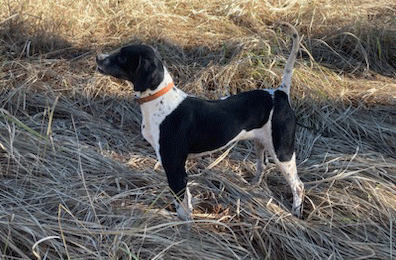Hunting is not just a sport; it’s a way of connecting with nature, preserving traditions, and fostering camaraderie. However, it comes with inherent risks that demand respect and responsibility. Whether you’re a seasoned hunter or a novice, prioritizing safety is paramount to ensure a successful and enjoyable experience for all. In this guide, we’ll delve into essential safe hunting practices that every enthusiast should embrace.
- Education and Training: Before venturing into the field, equip yourself with comprehensive knowledge of hunting regulations, firearm safety, and local wildlife. Consider taking hunter education courses and firearms safety classes, which provide invaluable insights into safe hunting practices and ethical behavior.
- Know Your Weapon: Familiarize yourself with your firearm or bow, understanding its components, capabilities, and limitations. Practice proper handling, loading, and unloading procedures until they become second nature. Regular maintenance ensures that your equipment performs optimally and minimizes the risk of malfunctions.
- Safety Gear: Invest in high-quality safety gear, including blaze orange clothing to enhance visibility and minimize the risk of accidental shootings. Additionally, wear protective gear such as ear and eye protection to safeguard against noise and debris.
- Communication and Coordination: Effective communication among hunting party members is essential for maintaining awareness and preventing accidents. Establish clear signals and protocols for signaling danger, identifying game, and coordinating movements. Always verify the location of fellow hunters before taking any shots.
- Scouting and Preparation: Thoroughly scout the hunting area beforehand to identify potential hazards, terrain features, and wildlife patterns. Plan your route, noting escape routes, landmarks, and rendezvous points in case of emergencies. Pack essential supplies, including first aid kits, navigation tools, and emergency communication devices.
- Alcohol and Substance Avoidance: Refrain from consuming alcohol or impairing substances before or during hunting expeditions. Impaired judgment and coordination significantly increase the likelihood of accidents and endanger everyone in the vicinity. Stay sober and focused to ensure a safe and responsible hunt.
- Respect for Wildlife and Environment: Practice ethical hunting by adhering to bag limits, hunting seasons, and conservation regulations. Respect wildlife habitats, avoiding disturbance to nesting areas and sensitive ecosystems. Always strive for clean kills, minimizing suffering and waste.
- Emergency Preparedness: Prepare for unexpected scenarios by equipping yourself with essential survival skills and emergency supplies. Carry a fully charged cell phone or satellite communication device, along with maps and compasses for navigation. Familiarize yourself with basic first aid techniques to address injuries promptly.
Safe hunting practices are not optional; they are fundamental to the integrity of the sport and the well-being of participants. By prioritizing education, preparation, communication, and respect, hunters can mitigate risks and ensure memorable experiences in the great outdoors. Remember, safety is not just a responsibility—it’s a commitment to safeguarding yourself, your companions, and the natural world. Happy and safe hunting!




